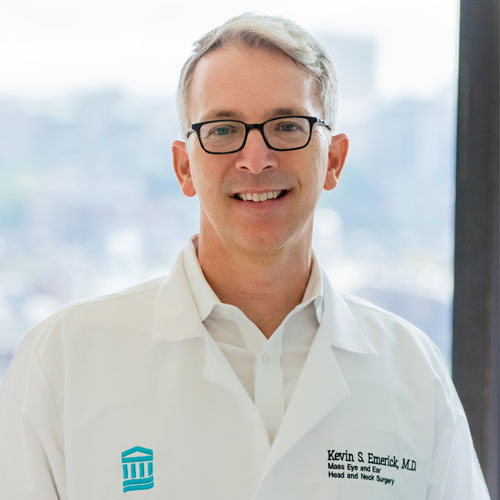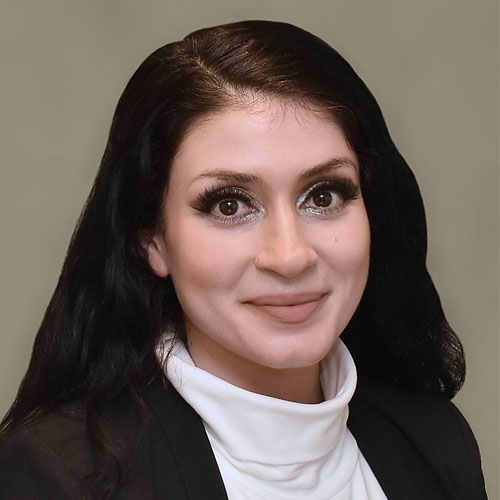-
- Find Care
-
- Visitor Information
- Find a Location
- Shuttles
- Visitor Policies
-
-
-
- Our Virtual Care Options
- Virtual Urgent Care
- Virtual Visits for Primary & Specialty Care
- Online Second Opinions
- Participate in Research
-
- Contact us
-
- For Innovators
- Commercialization Guide for Innovators
-
-
- Research News
- Alzheimer's Disease
- Artificial Intelligence
-
- Overview
-
- Overview
- Getting Started
- New to Mass General Brigham
- International Patient Services
- What Is Patient Gateway?
- Planning Your Visit
- Find a Doctor (opens link in new tab)
- Appointments
- Patient Resources
- Health & Wellness
- Flu, COVID-19, & RSV
- Billing & Insurance
- Financial Assistance
- Medicare and MassHealth ACOs
- Participate in Research
- Educational Resources
- Visitor Information
- Find a Location
- Shuttles
- Visitor Policies
- Find Care
-
- Overview
- Our Virtual Care Options
- Virtual Urgent Care
- Virtual Visits for Primary & Specialty Care
- Online Second Opinions
-
- Overview
- Participate in Research
-
- Overview
- About Innovation
- About
- Team
- News
- For Industry
- Venture Capital and Investments
- World Medical Innovation Forum (opens link in new tab)
- Featured Licensing Opportunities
- For Innovators
- Commercialization Guide for Innovators
- Contact us
-
- Overview
- Information for Researchers
- Compliance Office
- Research Cores
- Clinical Trials
- Advisory Services
- Featured Research
- Two Centuries of Breakthroughs
- Advances in Motion (opens link in new tab)
- Brigham on a Mission (opens link in new tab)
- Gene and Cell Therapy Institute
- Research News
- Alzheimer's Disease
- Artificial Intelligence
-
- Overview
-
- Overview
- Residency & fellowship programs
- Brigham and Women's Hospital
- Massachusetts General Hospital
- Mass Eye and Ear
- Newton-Wellesley Hospital
- Salem Hospital
- Integrated Mass General Brigham Programs
- Centers of Expertise
- Global & Community Health
- Health Policy & Management
- Healthcare Quality & Patient Safey
- Medical Education
- For trainees
- Prospective trainees
- Incoming trainees
- Current trainees
- Continuing Professional Development
Using AI to Personalize Treatments for Non-melanoma Head and Neck Skin Cancers

Kevin S. Emerick, MD, physician-scientist, and Sophia Z. Shalhout, PhD, assistant professor and principal investigator, both at Mass Eye and Ear, are part of a clinician-researcher partnership using artificial intelligence (AI) to customize treatments for head and neck non-melanoma skin cancers.
How widespread are non-melanoma skin cancers?
Dr. Emerick: Skin cancer is the most commonly diagnosed cancer worldwide. There are a few million cases each year. Non-melanoma skin cancers include basal cell and squamous cell carcinoma. Fortunately, skin cancer can be treated using relatively non-invasive surgical excisions when caught early. Thanks to the effectiveness of these treatments, few, if any, deaths occur from early-stage skin cancers. However, if not completely removed, skin cancers can grow back. When left undetected for too long, these cancer cells can spread and become untreatable. There is also a small subset that have a bad biology that leads to a poor outcome even when identified early.
When you think of cancer, you typically think of surgery, radiation, and cancer medicines as the ways to cure the disease. However, for advanced non-melanoma skin cancers, we don’t have a single traditional chemotherapy that is effective in providing a cure. By the time these cancers metastasize and become more advanced, there are very few treatment options left. Fortunately, we now have a growing arsenal of cancer medicines that are effective for these advanced non-melanoma cancers.
How can AI be used to help treat skin cancer?
Dr. Shalhout: My lab focuses on using artificial intelligence for cancer research. We specialize in applying big data analytics and novel machine learning approaches to multi-scale biomedical clinical data. With a focus on cutaneous (skin) and head and neck cancers, our main goal is to develop and apply algorithms designed to harness the power of clinical ‘big data’ to advance personalized medicine for high-risk cancer subpopulations, including medically complex older adults.
In partnership with Dr. Emerick, we apply advanced AI algorithms to simulate the patient and the tumor itself in the lab. This technology, which we are currently studying, can create a computer simulation of each individual cancer patient. These AI clone simulations help us to optimize the best treatment strategy, design and develop personalized drugs, and predict responses to therapy.
How can modeling potential responses to treatment help clinicians get the best possible outcome for patients?
Dr. Shalhout: The AI software creates a computer simulation of a patient's head, neck, or skin cancer. This model can 'test' outcomes virtually before treating a patient. Using computational models, we can simulate a tumor's response to various treatment options, allowing physicians to predict and evaluate the effectiveness of treatments before applying them in a clinical setting.
Why is a collaborative effort between researchers and clinicians/surgeons beneficial for patients?
Dr. Emerick: The computer models learn from various data sources, including genetic information, tumor characteristics, and medical history. Similarly, our partnership relies on a multidisciplinary team, including clinical coordinators, computer scientists, bioinformaticians, imaging experts, and pathologists, to advance this innovative, research-driven treatment forward.
Dr. Shalhout: The end goal is for physicians to use these simulations to help devise treatment plans tailored to the individual patient. By using AI to develop more effective therapies and enhance the understanding of tumor biology, we enable our clinician colleagues to improve how they diagnose, treat, and manage their patients’ cancer.
Kevin S. Emerick, MD, physician-scientist, and Sophia Z. Shalhout, PhD, assistant professor and principal investigator, are using AI to customize treatments for head and neck non-melanoma skin cancers.

Contributor
